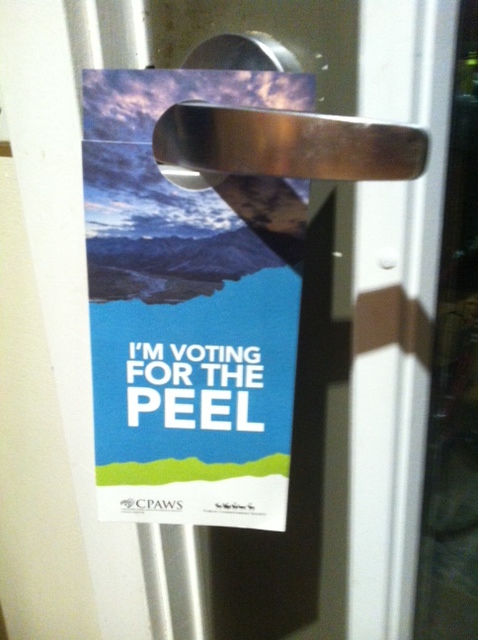The Yukon 2016 territorial election is well underway. The list of candidates has been finalized. Three parties — the governing Yukon Party, the opposition Yukon New Democrats and the third party Yukon Liberals — are running full slates of nineteen candidates, the Yukon Greens have put forward five candidates, and there is one independent. Voting day is on Nov. 7.
Between now and then the electorate gets to attend an almost endless series of debates, forums and discussions. Debates are held within most, if not all, of the Yukon’s electoral districts, but there are also debates devoted to specific issues. Finally, there are general party leaders debates.
For example, in Whitehorse on Tuesday Yukoners saw the Environmental Forum competing against the Health Care Debate. Wednesday had issues affecting Non-Governmental Organizations being discussed by representatives from the four parties. Thursday is a general leaders debate hosted by the Council of Yukon First Nations, but they will be competing against a forum on Early Childhood issues. Meanwhile, over in Watson Lake there will be, also on Thursday, a candidates forum for those running in that electoral district.
Next week, it looks like there is a Kluane electoral district candidates discussion on Tuesday and another general leaders debate in Whitehorse on Thursday, but this time hosted by a compilation of business associations. No doubt more will be announced and the calendar will be soon be blanketed with opportunities to attend formal gatherings of political discourse.
Most of the debates are held in small halls or lecture rooms, and are usually moderated by the Yukon’s local radio celebrities or the leader of whatever group did the organizing.
Now for those of you who are not familiar with northerners, and Yukoners in particular, most of us are not a passive bunch. Just because someone is at a podium ranting on about why they think everyone in the audience should vote for their party and them in particular, does not mean the rest of us have to be quiet.
There is a certain tolerance to let the speaker state their piece, but the feedback from the audience can be somewhat crude and can be somewhat instantaneous.
This pundit recalls being at a debate a few electoral cycles back when the partisan audience roundly jeered one the candidates for stating an unpopular position. One of the other candidates stood up and pleaded for respect and restraint be shown to all, by all. He was, of course, roundly jeered in turn. Yukoners can be a bloodthirsty sort when it comes to politics.
That being said, sometimes the Canadian politeness kicks in and a candidate will get gentle applause just because the audience feels sorry that they have to spout some party nonsense. Points for trying, as they say.
Not that the candidates are any saints in the matter either. They will bring some supporters with them, and attempt to either sit close to the journalist microphones or, if it is being recorded for television, in the line of site of the camera.
Thus their cheers will be recorded on tape for posterity when they applaud their candidate and it might appear that the entire audience is also supportive, although in actual fact most are either sitting on their hands or rolling their eyes.
At most debates and forums, there is an opportunity for general audience members to ask questions. This can be tricky, as there is always someone in the crowd who loves to ask a long rambling question about a subject that only concerns them.
The smarter organizers get people to write their questions down as they come in, and they can then weed out the more esoteric subjects.
When the candidates are not debating, they can go door to door, which gives voters a chance to discuss issues with them one on one. Some of the electoral district sizes might be huge in a geographic sense, but the number of voters within each is around the twelve hundred mark. It is possible for a candidate to meet every potential voter within their district.
Debates are fun to see how the candidates do under pressure, but the doorstop conversations are as important. Instead of voters listening to the candidates, it is an opportunity for the candidates to hear the concerns of their potentially future constituents.
Some environmental groups (full disclosure: I work for one of them) have recognized this and are distributing door hangers to every house in the Yukon. It reminds voters to ask the wanna-be politicians when they come to the door about a particularly unique Yukon issue, that of protecting the Peel Watershed.
As they are designed to be hung on the outside of the door, it can also serve as a warning to those politicians that do not seem to be in favour of this that they would be best to keep on moving and not waste the time of that particular householder.
Not that anyone is probably home anyway. They are almost certainly out at a debate.
Like this article? rabble is reader-supported journalism. Chip in to keep stories like these coming.
Image: PMO/Adam Scotti




